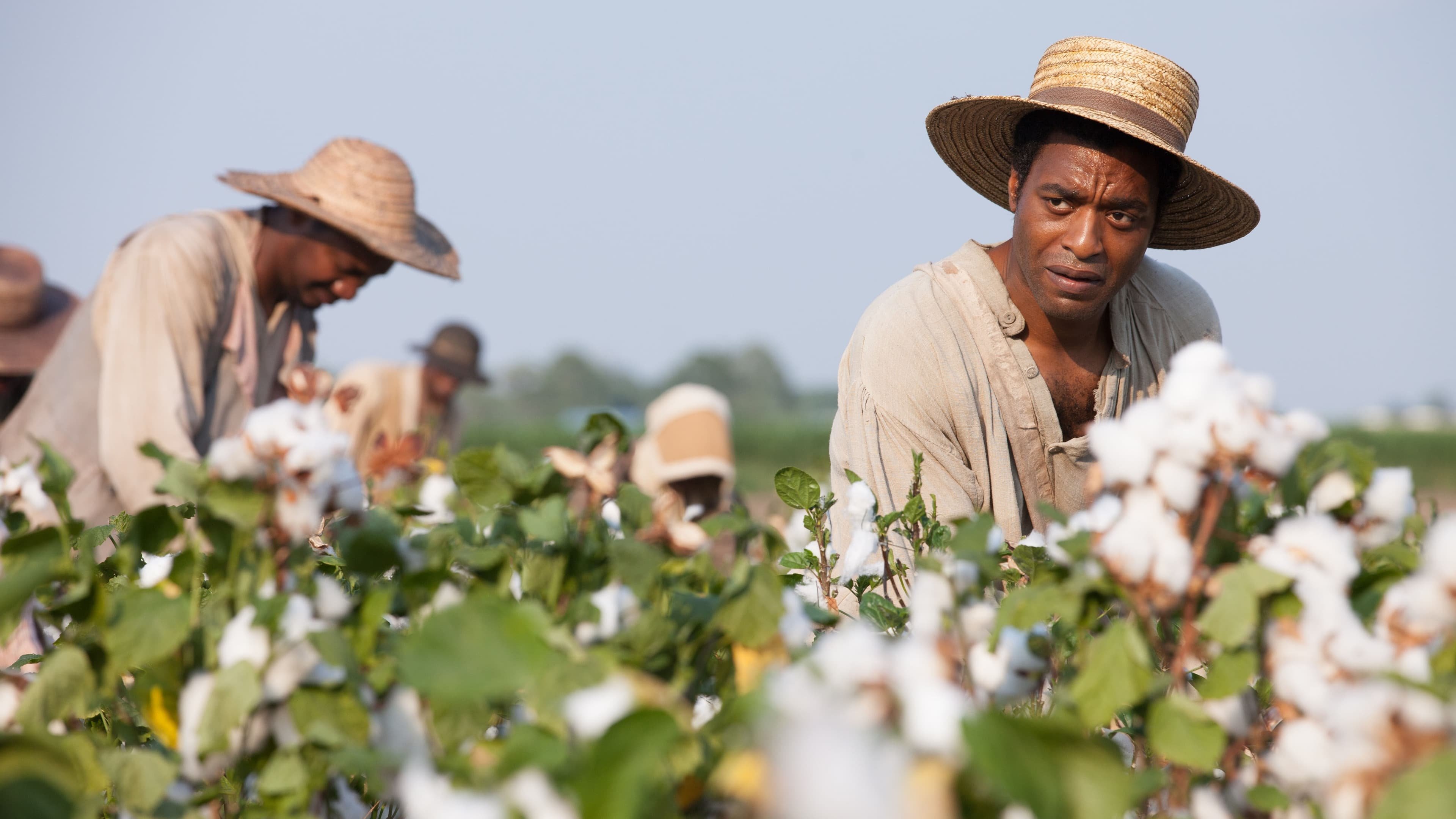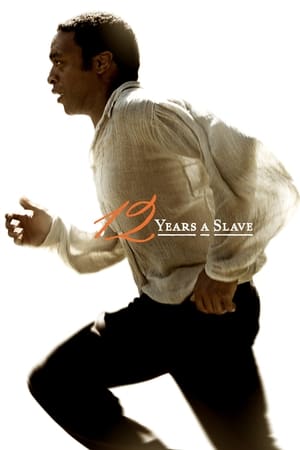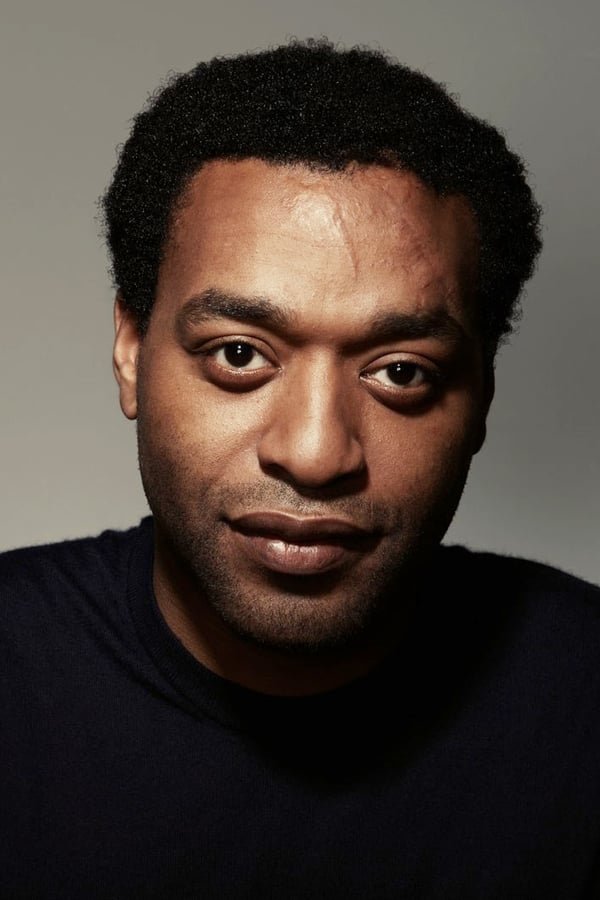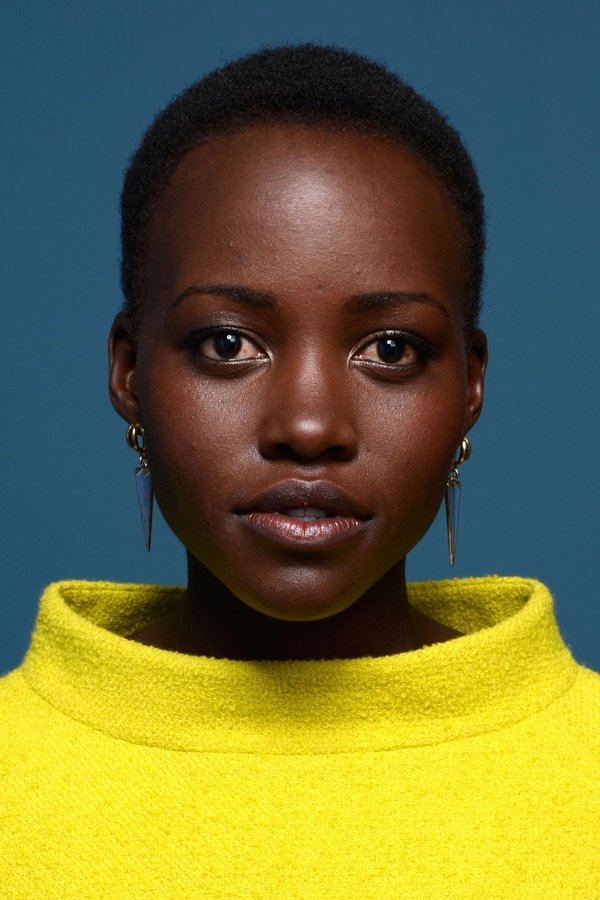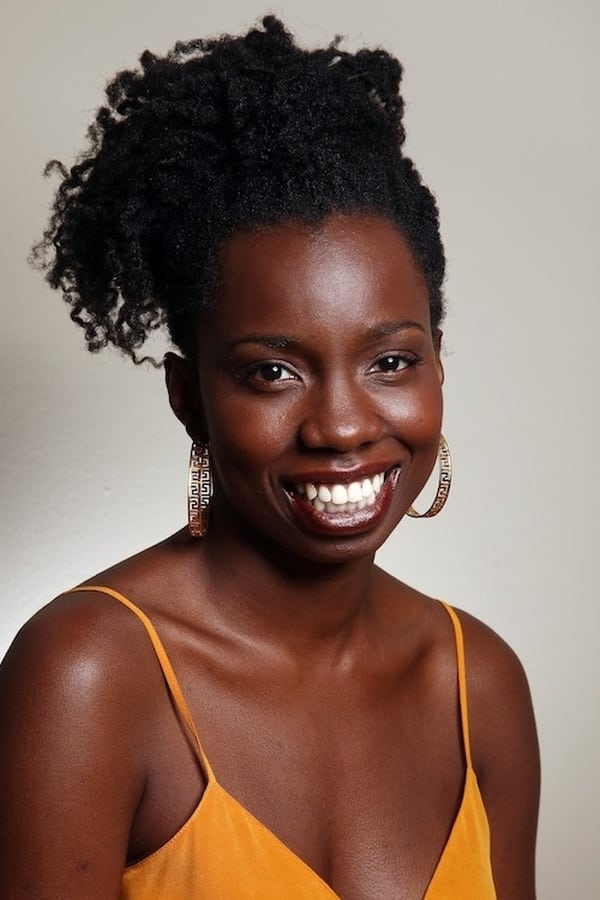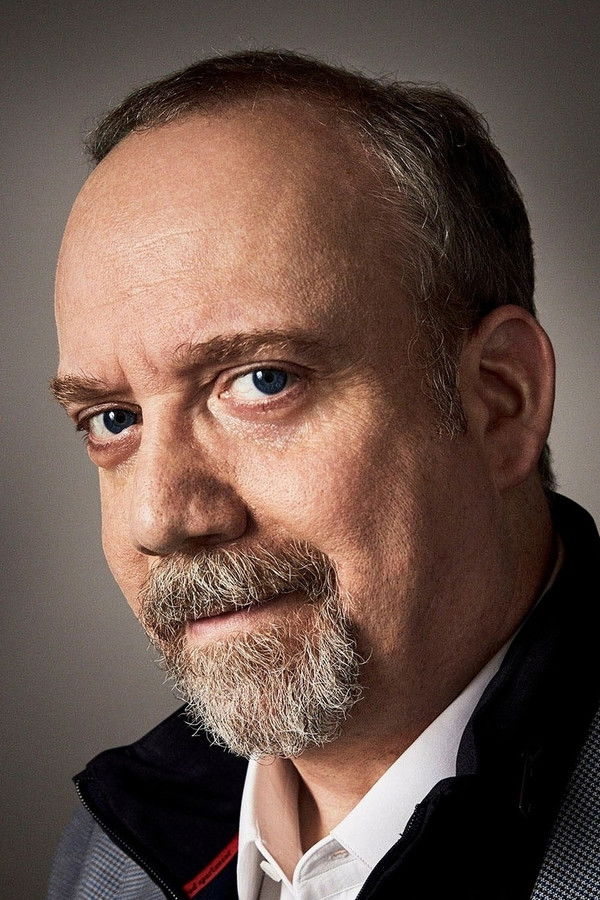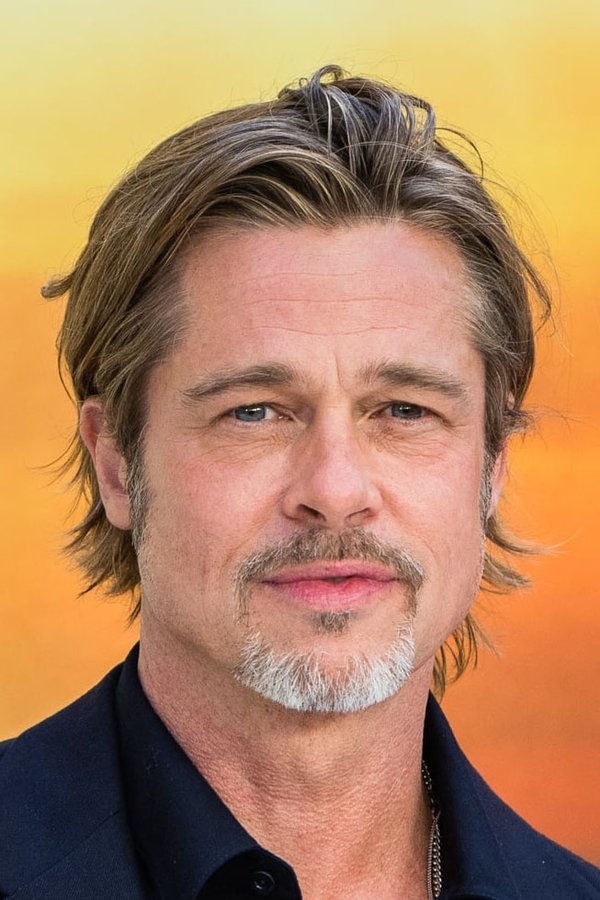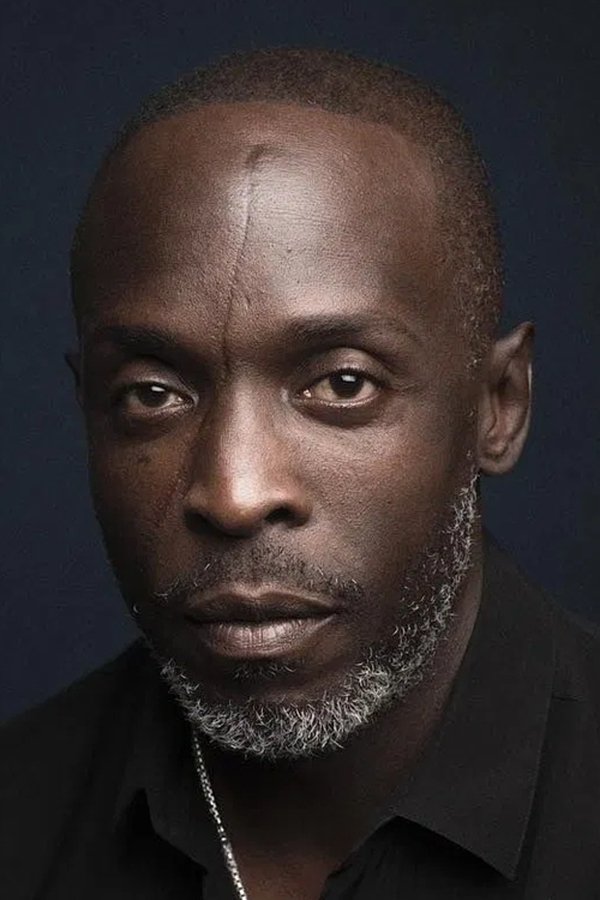Four years ago, the Marvel Cinematic Universe introduced us to the marvelous world of Wakanda in Black Panther. It is a fictional country in East Africa that is secretly the most prosperous in the World. Hidden behind optical shields which protect it from prying eyes from outside, it is a safe haven for its residents. Apart from the shields, Wakandans are protected by the all-female army called Dora Milaje. Not only did the film get raving reviews from fans and critics alike, it even got an Academy Award for Best Picture nomination in 2019. One of my favorite aspects of Black Panther is the representation! In fact, it’s a special film for Incluvie, because the first ever article was about it! Now, all fans universally agree that the Dora Milaje is one of the coolest armies to be seen on screen. Led by Okoye (Danai Gurira), the band of African women can tear down any opposition they face. Well, guess what? There was once a real-life Dora Milaje in 1800s Africa, specifically, in the kingdom of Dahomey. Known as Agojie, they were fierce warriors who were majorly in charge of protecting Dahomey from external threats. History lessons don’t tell their stories, but that will hopefully no longer be the case. Directed by Gina Prince-Bythewood, The Woman King is here to remind the world of the fiercest all-female army that it had conveniently forgotten about.
Dahomey’s enemy, the Oyo Empire has joined forces with the Mahi tribe, and together, they raid Dahomey villages and sell the captives to European slavers. Under their new king Ghezo (John Boyega), Dahomey is fighting back with the attacks primarily orchestrated and executed by the Agojie. Within five minutes of the start of The Woman King, we meet Nanisca (Viola Davis), the current leader of the Agojie in the film. They’re in a Mahi village, where the Dahomey people are being held captive. The Agojie ruthlessly lay siege on the village and rescue the captives. They appear out of nowhere in the middle of the night, and before the villagers are able to properly react, the siege is practically over. They return to Dahomey with the prisoners and the Mahi women too. When they enter the kingdom the next morning, in broad daylight, you see them in their full glory for the first time. Every woman is muscular, carrying heavy spears and swords, and wearing armlets, rings, and belts. Their wardrobes are practical, and they’re dressed in clothes that allow extensive body movement necessary for physical maneuvers during combat. The Agojie marching in unison is a fearful sight for their enemies; a welcome sight for the Dahomey people but an awe-inspiring sight for everyone. Their bodies are like easels for battle scars, souvenirs from their successful daring conquests. And when they shout their battle cry together as a unit, you’re filled with admiration for them. A little trivia: All the stunts are performed by the actresses themselves, and they went through rigorous training to look like they could actually topple two-hundred-and-fifty-pound men. At over fifty years of age, Viola Davis underwent this tremendous transformation and it’s safe to say, she isn’t done paving the way for others by being an inspiration!
While the Agojie march in through the gates of Dahomey, in another corner of the kingdom, a young woman Nawi (Thuso Mbedu) is presented to a much older man by her father. She is supposed to marry him, but she shoves him away when he is disrespectful to her and slaps her. Angered at her behaviour, her father drops her off at the castle, where the Agojie live. They’re greeted at the gates by Izogie (Lashana Lynch) who takes her in and gives her a tour of the premises. We see hundreds of women training, healing, working, and basically, flourishing in a safe space made exclusively for women. Nanisca addresses all the newcomers and the Mahi female prisoners. She tells the Mahi women that they shall not be punished for the sins of their men, and they can leave if they don’t want to join the Agojie. The Agojie women do not participate in romantic or sexual relationships with others and they do not bear children. But, they’re treated with respect, paid for their work, and most importantly, their opinions are heard. “No tribe or Kingdom in all of Africa shares this privilege”, says Nanisca. Despite being stern, Nanisca is kind and welcoming to all the women. You feel comforted by her presence, even when she is rebuking you. But, her strictness is not to be taken lightly. Her fierceness as a warrior translates into fierceness as a leader and teacher. She understands what is at stake and thus, doesn’t entertain any kind of indiscipline.
